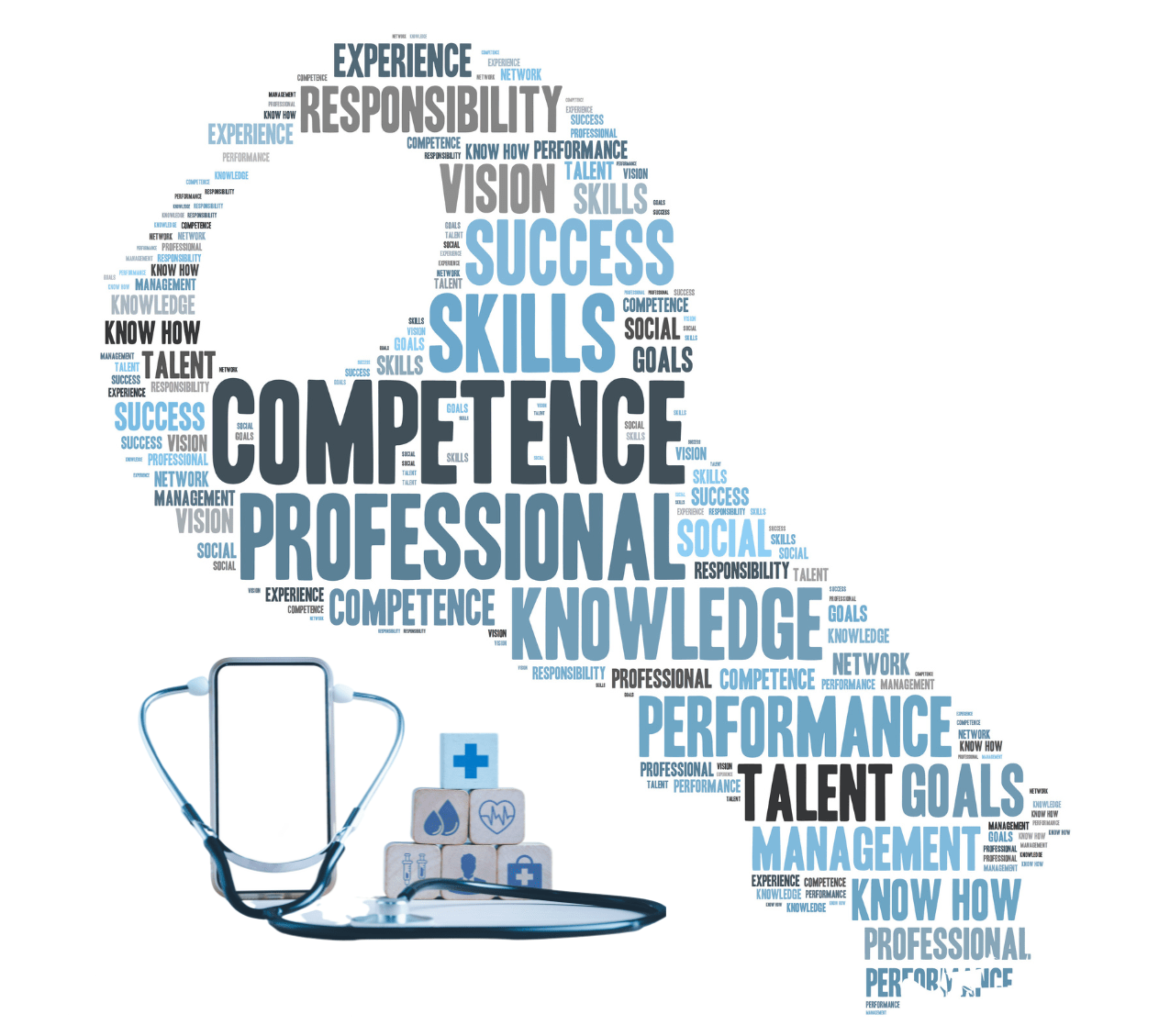Veterinary medicine is a highly demanding and dynamic field. The knowledge, skills, and abilities required of veterinarians are constantly changing and evolving with advancements in medical technology, new regulations and policies, and shifting social and cultural norms. In 2023, there will be nine essential competencies that every veterinarian should have to meet the demands of their profession.
1. Clinical Competency
Clinical competency is the foundation of veterinary medicine. It refers to a veterinarian’s ability to diagnose and treat various medical conditions. In 2023, every vet should be proficient in the latest medical technologies and techniques. They should be able to use state-of-the-art diagnostic equipment, such as MRI and CT scanners, to identify and treat complex medical issues. They should also be able to stay up-to-date with the latest research and medical advancements and incorporate them into their practice.
2. Communication Skills
Practical communication skills are essential for any veterinarian. They need to be able to explain complex medical concepts to pet owners in a way that is easy to understand. They should also be able to communicate effectively with other veterinary professionals, colleagues, and other stakeholders, such as government agencies and animal welfare organizations. In 2023, vets must be skilled in telemedicine and virtual communication as more and more pet owners rely on remote consultations and appointments.
3. Adaptability
Adaptability is an essential skill for veterinarians in 2023. They need to adapt quickly to new technologies, treatments, and techniques. They should also be able to adapt to changing regulations and policies that affect their practice. Adaptability is crucial for vets to remain competitive, relevant, and successful.
4. Compassion
Compassion is one of the most essential qualities a veterinarian can possess. Pets are often seen as family members; their owners are often distraught and upset when sick or injured. A veterinarian who shows compassion and empathy towards the pet and owner can help alleviate some of their concerns and provide comfort during a difficult time. Understanding is essential for delivering the best pet care and building a loyal and satisfied client base.
5. Interpersonal Skills
Interpersonal skills are crucial for any professional, including veterinarians. Vets should possess excellent interpersonal skills, which include the ability to work well with others, build relationships, and collaborate effectively. This is especially important as veterinarians often work in teams and must work together effectively to provide the best possible care for their patients. In 2023, vets must be proficient in virtual communication and remote teamwork to work effectively with other professionals in their field.
6. Leadership
Leadership is a critical competency for veterinarians in 2023. Vets who are natural leaders can be particularly effective in their roles. They can inspire and motivate their teams, set goals, and make critical decisions that help shape their practice’s direction. Effective leadership can also create a positive and supportive work environment, improving job satisfaction and retention. In 2023, vets must be skilled in remote leadership to manage teams in virtual settings.
7. Technical Proficiency
In addition to their clinical skills, vets should also possess a strong understanding of the technical aspects of their practice. This includes knowledge of medical record-keeping, billing and coding, and other administrative tasks. They should also be able to use technology effectively, including electronic medical records and telemedicine platforms. In 2023, vets must be proficient in virtual billing, coding, and other technical aspects of their practice.
8. Cultural Competence
Cultural competence is an essential competency for veterinarians in 2023. Vets must understand and work effectively with diverse populations, including those from different cultural and socioeconomic backgrounds. This includes being aware of cultural differences in pet ownership and treatment and tailoring their approach accordingly. In addition, vets should be able to navigate and comply with regulations and policies specific to certain cultures or regions.
9. Continuing Education
Continuing education is crucial for veterinarians to stay up-to-date with the latest advancements in their field. In 2023, every vet should be committed to ongoing learning and professional development. They should attend conferences, seminars, and workshops to stay current with the latest research and medical advancements. They should also participate in online training programs and other forms of distance learning to enhance their knowledge and skills.
Final verdict
Veterinary medicine is a dynamic and ever-changing field that requires veterinarians to possess a diverse range of competencies. In 2023, every vet should have clinical competency, practical communication skills, adaptability, compassion, interpersonal skills, leadership, technical proficiency, cultural competence, and a commitment to ongoing learning. These competencies are essential for providing the best possible care to pets, building solid relationships with clients, and thriving in a highly competitive and demanding profession. By continuously developing and refining these competencies, veterinarians can ensure they are delivering the best possible outcomes for their patients and clients, both now and in the future.
You can ask a question from Myfurries.com expert vet here https://www.myfurries.com/askvetfree.
Or register as a pet parent to get updates on your pet’s health and wellness https://www.myfurries.com/register



